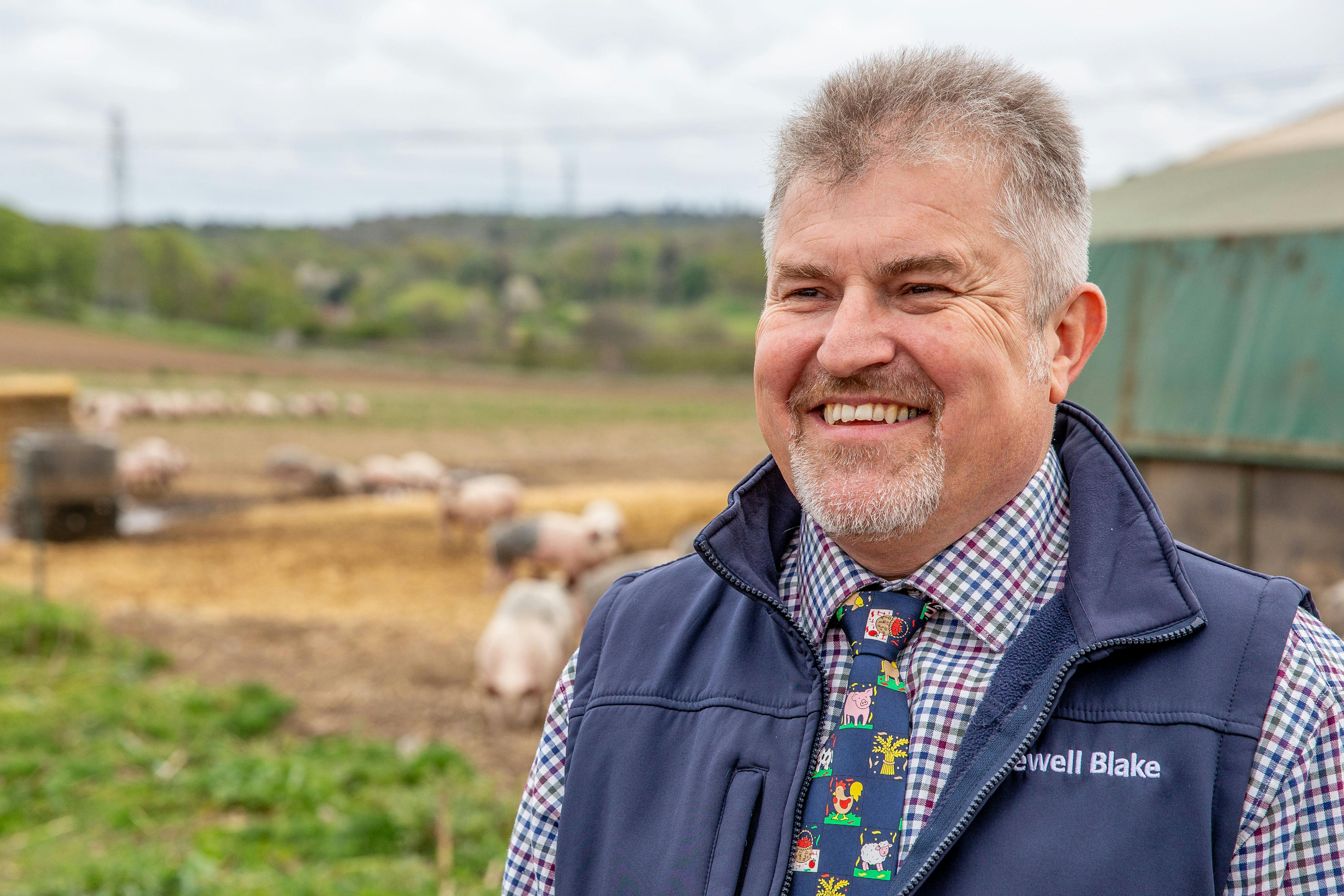Those reaching State Pension age* after 6 April 2016 with full entitlement will currently receive a guaranteed income of £185.15 per week £9,627.80 pa). The “triple lock” guarantee** will mean that this income increases each year by the higher of:
a)
National average earnings
b) The Consumer Prices Index (CPI), or
c) 2.5%
With inflation running high and amidst uncertain market condition, a guaranteed, index-linked income is a valuable benefit, particularly when we are relying more and more on defined contribution pension funds in retirement. It is therefore essential that you review your entitlement, that your full National Insurance (NI) credits are obtained where available and, where applicable, you consider the option of voluntary contributions.
This last point is particularly important for the following reasons.
To qualify for a full State Pension, you will need a complete NI record of 35 years. Broadly speaking, an individual builds up their entitlement through:
- Working and paying National Insurance
- Receiving NI credits
- Paying voluntary NI contributions
Before thinking about making voluntary contributions, it is worth checking to see if any further credits are yet to be applied and a full list can be found on the government’s website.
A particular credit to consider is childcare. Where a parent has registered for Child Benefit for a child under 12, NI credits are received automatically. Therefore, even if it isn’t claimed, it’s important to register for Child Benefit in order to receive the NI credits.
It is also important to register the Child Benefit in the name of the parent that benefits from the credit (for example, if they ceased work to look after their child). If a mistake has been made, it’s possible to transfer these credits between parents.
Finally, since April 2011, it’s been possible for grandparents or other family members to receive NI credits if they are caring for a child under 12 while their parent (or main carer) is working. Known as Specified Adult Childcare credits, this can even include remote caring (such as telephone or online) after March 2020 if the normal caring arrangements had been affected by Covid. Retrospective claims can be made back to 2011.
Individuals may also be able to pay voluntary contributions to fill any gaps in their NI record. Typically, you can only cover gaps for the previous six years however, men born after 5 April 1951 and women born after 5 April 1953 have until 5 April 2023 to pay for any eligible gaps between the tax years April 2006 and April 2016. This effectively creates a window of 16 years but after 5 April 2023, this will revert to the usual six-year period.
The cost to fill any gaps in an NI record are far outweighed by the additional State Pension secured so it would be easy to see the value of making any additional contributions.
Voluntary payments can be made as either a one-off payment, or by quarterly or monthly instalments.
Summary
The State Pension provides a guaranteed, index-linked income that forms the basis of any retirement income, so it is essential that you maximise this benefit and ensure that NI credits are received, where applicable. If a shortfall is determined, it’s important to consider this before the end of the tax year, as many will have the ability to fill in any gaps in the NI record going right back to April 2006.
After the end of this tax year the opportunity will revert back to the ‘previous 6 years’.
The good news is that obtaining a State Pension forecast and a copy of your NI record is quick and readily available through the Government Gateway – the forecast will tell you what State Pension you have accumulated to date and, where applicable, what additional NI credits will be required to receive the full entitlement.
*State
Pension age is currently 66 and rises to 67 between 2026 and 2028. It will then
rise again to 68 between 2044/46 (although a proposal has been made to bring
these dates forward to between 2037 and 2039).
** The average earnings increase was temporarily suspended for 2022/23
following distortions to the earnings statistics.
Could you benefit from speaking to an adviser
Related news

How looking after the grandchildren* could help your state pension entitlement (*other relationships are available!)
With the increasing cost of childcare, it’s not uncommon for hard-pressed parents to turn to their family, especially grandparents, for help with looking after the children.









